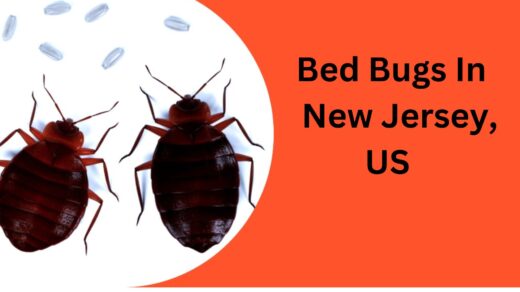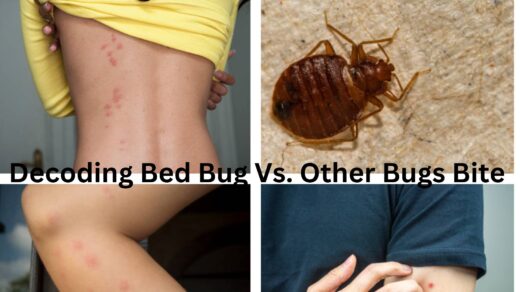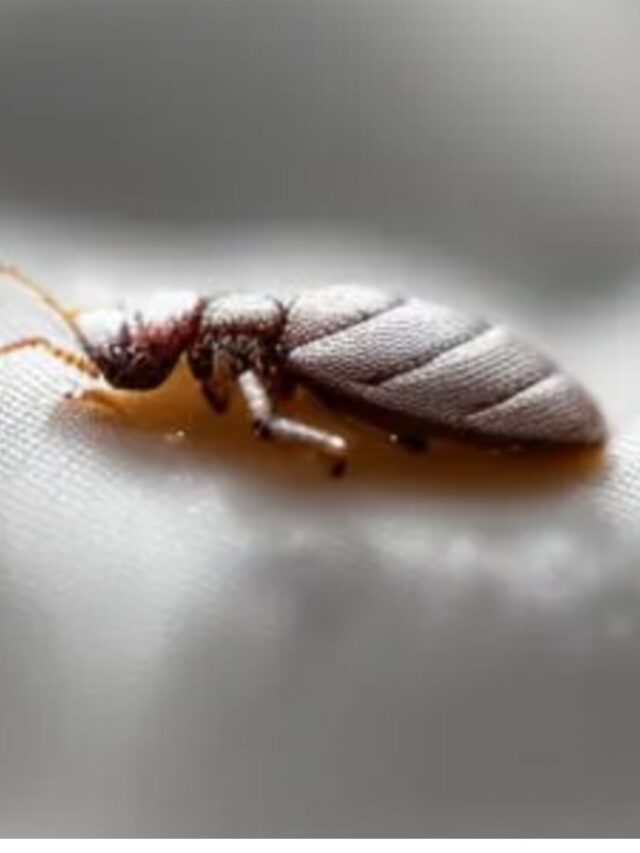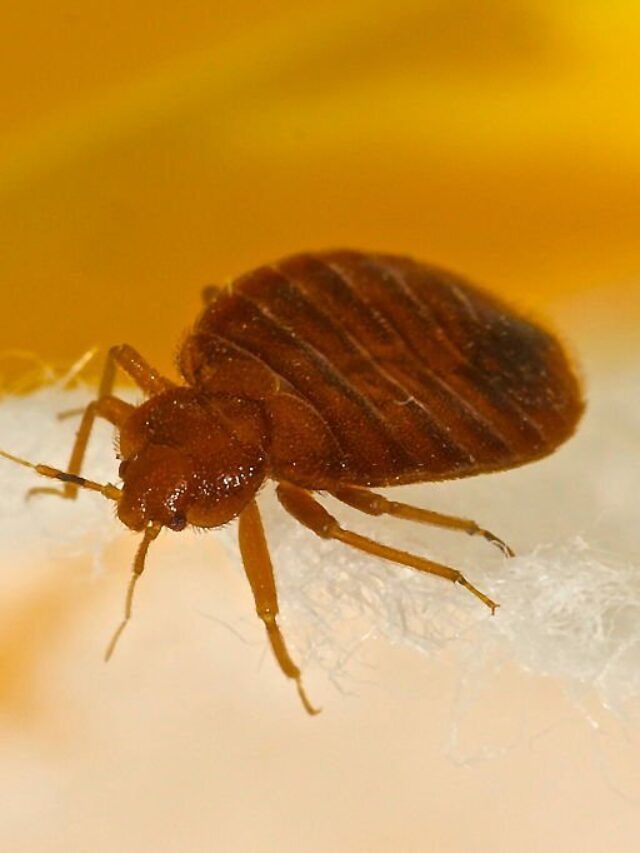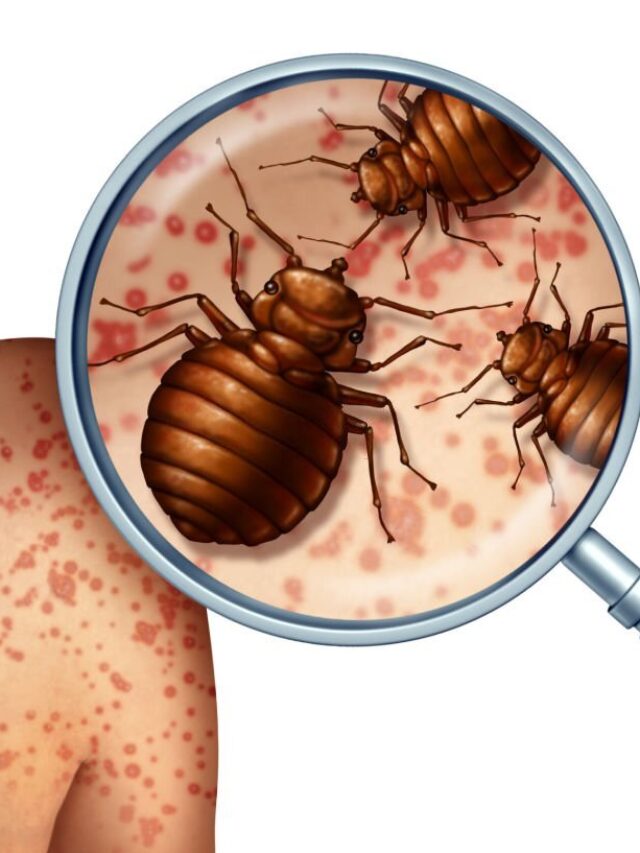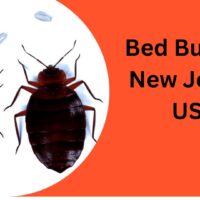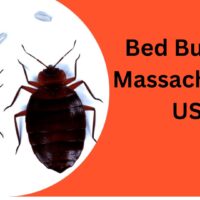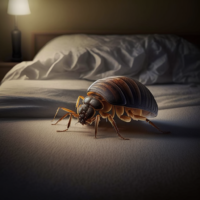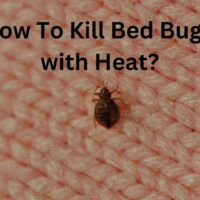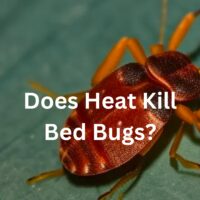Introduction:
Bed bugs are one of the most frustrating pests to deal with, and finding the best bed bug killer can be a challenge. With so many options on the market, it’s hard to know which one will be effective without breaking the bank. In this guide, we’ll explore the different types of bed bug killers available and help you find the best one for your needs.
Fight Back: Why You Need the Best Bed Bug Killer
Bed bugs are not only annoying, but they can also be harmful to your health. These tiny bugs can cause allergic reactions and even transmit diseases. That’s why it’s important to take them seriously and find the best bed bug killer available. The right product can effectively eliminate bed bugs and prevent them from coming back.
Chemical Warfare: How to Choose the Right Bed Bug Killer for Your Needs
When it comes to bed bug killers, there are two main types: chemical and non-chemical. Chemical bed bug killers contain pesticides that kill bed bugs on contact or after they come into contact with treated surfaces. Non-chemical bed bug killers use heat, steam, or natural ingredients to kill bed bugs.
When choosing the right bed bug killer for your needs, consider factors such as the severity of the infestation, the type of surfaces being treated, and any health concerns you may have. Be sure to read the label carefully and follow instructions for safe and effective use.
DIY Solutions: Homemade Bed Bug Killers That Actually Work
If you prefer a more natural approach, there are several DIY bed bug killers that can be effective. Some of the most popular homemade bed bug killers include:
- Essential oils: Certain essential oils, such as tea tree oil and lavender oil, are known for their bug-repelling properties.
- Diatomaceous earth: This natural substance is made from fossilized remains of tiny aquatic organisms and can be used to kill bed bugs by dehydrating them.
- Vinegar: The high acidity in vinegar can kill bed bugs on contact.
While these solutions can be effective, it’s important to note that they may not be as powerful as commercial bed bug killers.
Top Picks: Our Favorite Bed Bug Killers on the Market
After researching and testing various bed bug killers, we’ve compiled a list of our favorite options on the market. These products have been proven to effectively eliminate bed bugs and prevent them from coming back:
- Harris Toughest Bed Bug Killer
Shopping Link : Click Here - EcoRaider Bed Bug Killer Spray
- Shoping link : Click here
- Ortho Home Defense Bed Bug Killer
- Shopping link : Click Here
Prevention is Key: Tips for Keeping Bed Bugs Out of Your Home
The best way to deal with bed bugs is to prevent them from invading your home in the first place. Here are some tips for keeping bed bugs out:
- Inspect secondhand furniture before bringing it into your home
- Keep your home clean and clutter-free
- Use a bed bug mattress protector
- Vacuum regularly
- Don’t leave clothes or bedding on the floor
- Check your luggage for bed bugs after traveling
Conclusion:
Dealing with bed bugs can be a frustrating and overwhelming experience, but finding the best bed bug killer can make all the difference. Whether you prefer a chemical or natural approach, there are plenty of options available to effectively eliminate bed bugs and prevent them from coming back. By following our tips for prevention and choosing the right bed bug killer for your needs, you can rest easy knowing your home is free of these pesky pests.
FAQ’s
Q.1 Can Roach Spray Kill Bed Bugs?
A. Roach spray may be effective in killing some bed bugs, but it is not the best option for treating a bed bug infestation. Bed bugs are a different type of insect than roaches, and they have different habits and behaviors.
While roach spray may kill some bed bugs on contact, it is unlikely to kill all the bed bugs hiding in your home. Bed bugs are excellent at hiding in cracks and crevices, and they can go for long periods without feeding, making them challenging to eradicate.
If you have a bed bug infestation, it is best to use a treatment specifically designed for bed bugs, such as a bed bug spray or a professional bed bug exterminator. These treatments are formulated to kill bed bugs and their eggs and are more effective than roach spray. Additionally, it’s important to take steps to prevent bed bugs from re-infesting your home, such as regularly vacuuming and washing bedding in hot water.
Q.2 Will Permethrin Kill Bed Bugs?
A. Yes, permethrin can be effective in killing bed bugs. Permethrin is a type of insecticide that is commonly used in bed bug treatments. It works by disrupting the bed bug’s nervous system, leading to paralysis and death.
Permethrin can be used as a spray or applied as a powder to surfaces where bed bugs are likely to be hiding, such as mattresses, bed frames, and baseboards. It is also effective in killing bed bug eggs, which is crucial for preventing a re-infestation.
However, it’s important to note that permethrin alone may not be enough to completely eliminate a bed bug infestation. Bed bugs can quickly develop resistance to insecticides, and they are skilled at hiding in hard-to-reach areas. It’s best to use permethrin as part of a comprehensive bed bug treatment plan that includes other methods such as steam cleaning, vacuuming, and professional extermination services.
Q.3 Does UV Light Kill Bed Bugs?
A. UV light can kill bed bugs, but it is not a reliable method for eliminating a bed bug infestation. UV light can kill bed bugs when it touches them, but it’s not good at getting rid of all the bed bugs that are hiding in tiny spaces like cracks and crevices around your home. So, while it can help a little, it might not be enough to get rid of all the bed bugs.
UV light can be used as part of a comprehensive bed bug treatment plan, but it should not be relied on as the sole method of extermination. Additionally, UV light can be harmful to humans and pets if not used properly.
The best way to get rid of bed bugs is to use proven methods like heat treatments, pesticides, and professional extermination services. These methods work better because they can reach all the bed bugs and their eggs, which helps to prevent the bed bugs from coming back.
Q.4 Does Water Kill Bed Bugs?
A. No, water alone cannot reliably kill bed bugs. Bed bugs have a high tolerance for water and can survive in damp environments for long periods.
While washing bedding, clothes, and other items in hot water can help kill bed bugs, it is not enough to eliminate a bed bug infestation. Bed bugs are skilled at hiding in hard-to-reach areas, and they can quickly spread to other parts of your home.
It’s best to use proven methods for treating a bed bug infestation, such as heat treatments, pesticides, and professional extermination services. These methods are more effective in reaching all the bed bugs and their eggs and can help prevent a re-infestation.
Q.5 Why Do Bed Bugs Smell When You Kill Them?
A. Bed bugs release a chemical called histamine when they are killed, which is what causes the distinctive odor. Histamine is a compound that is naturally present in the bodies of many animals, including bed bugs. When a bed bug is killed, the histamine in its body is released into the air, producing a strong, musty odor. This odor can be quite pungent and unpleasant, and it can linger in the air for some time after the bed bug has been killed. The smell is not harmful, but it can be a nuisance, especially in enclosed spaces.
Q.6 Does Washing Sheets Kill Bed Bugs?
A. Washing sheets can help to kill bed bugs, but it may not be enough to completely eliminate an infestation. Bed bugs are pesky insects that can hide in many places, including your bed. Even if you wash your sheets, bed bugs can still survive for a long time without food and in different temperatures. This means that just washing your sheets may not be enough to get rid of them completely.
However, washing your sheets and bedding regularly can help prevent bed bugs from making your bed their home. This is because washing can remove any places where bed bugs might hide. If you think you have bed bugs, it’s important to take extra steps to get rid of them. These include vacuuming often, using special bug sprays, and possibly hiring a professional to help you.
Q.7 Does Peppermint Oil Kill Bed Bugs?
A. Peppermint oil smells nice and can make bed bugs go away, but it can’t kill them. Some studies say it might work a little, but it’s not strong enough to be the main way to get rid of bed bugs. If you think you have bed bugs, it’s best to ask a pest control person to help you find a safe way to get rid of them.
Q.8 Can Hand Sanitizer Kill Bed Bugs?
A. No, hand sanitizer is not an effective way to kill bed bugs. Hand sanitizer is designed to kill germs and bacteria, but it is not effective against insects like bed bugs. If you suspect a bed bug infestation, it is best to consult a pest control professional who can recommend safe and effective methods of treatment.
